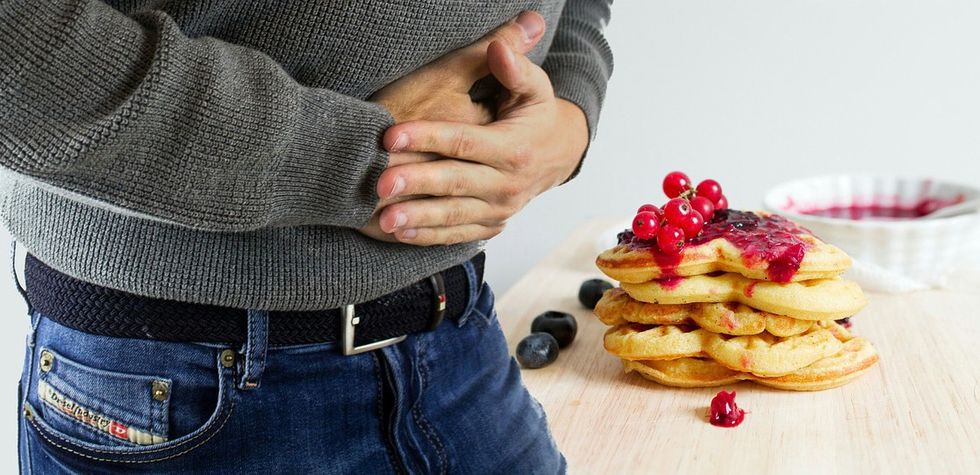
Here's Why You're Better off Without "Cheating" on Your Diet
When we’re on diets, there are always all sorts of rules we need to consider - don’t eat that, don’t eat at this time of day, don’t eat too much of this. But when so many restrictions are in place, it may seem tempting to have a cheat day once in the while and abandon all the rules.
Despite the temptations, some experts say that cheat days aren't the best idea for healthy eating and diet success.
A recent study suggested that if people are on the keto diet, having cheat days may work against their progress.
What are the downsides of “cheat days”?
“So many diets refer to 'cheat' days but here’s the irony: there’s nothing positive about the word ‘cheat’ - it means unfair, fake, dishonest - yet a cheat day is supposed to represent foods that are indulgent, decadent and delicious,” says Bonnie Taub-Dix, RDN, creator of BetterThanDieting.com, author of Read It Before You Eat It - Taking You from Label to Table. “This is why I encourage people to ditch fad diets — even if you need to drop a few pounds, you should still be able to enjoy your favorite foods when you want to,” says Taub-Dix.
“I think it’s so essential to establish a relationship with food. In fact, if you think of dieting as dating… would cheating be something that would bring a lasting connection? “ says Taub-Dix.
“This study looks at the effects of a cheat day, specifically on a ketogenic diet,” says Alix Turoff, a registered dietitian, nutrition consultant, and certified personal trainer. “The study took 9 otherwise healthy men and put them on a high fat, low carb diet for 7 days. They had the men consume a 75 gram glucose drink before and after the 7 day intervention.”
The researchers wanted to see what would happen if they gave these men a high carbohydrate load after being on a ketogenic diet for seven days. ”What they found, was when the high glucose load was given following the 7 days on a ketogenic diet, that there were biomarkers in the blood suggesting damage to the vessel walls,” says Turoff.

“The study only included nine participants so it's impossible to draw conclusions from this research but, what it does seem to show is that the ketogenic diet is not something you come on and off of regularly. If you are choosing to follow a ketogenic diet, it should be something you plan to stick with for the long-term,” says Turoff.
If you are incorporating a cheat day that causes you to come out of the ketosis on a weekly basis, you're not truly following the classic ketogenic diet as it's defined. Outside of the ketogenic diet, Turoff still does not recommend a cheat day to her clients.
“The word cheat in and of itself has a very negative connotation,” says Turoff. “I encourage my clients to incorporate foods they love throughout the week so they never feel that they have to overindulge on any specific day. The idea that you can't eat certain foods while dieting is just not true and by having a cheat day, you're reinforcing the idea that certain foods are good or bad,” says Turoff.
This can be extremely damaging for an individual who struggles with binge eating.
“By having a cheat day where they feel they can go all out, they are not listening to their hunger signals, they might be eating foods they don't even want and they're putting unnecessary stress on the body. Perhaps the most damaging is the next day,” says Turoff.
The cycle of guilt that can come with dieting is one of the most mentally unhealthy places to be. The key to sustainable, healthy weight loss is to find a way of eating that allows you to include all the foods you love without restriction. “I would personally never use the word cheat day or cheat meal with a client,” says Turoff.



















 right human eye
Photo by
right human eye
Photo by  person holding box
Photo by
person holding box
Photo by 










